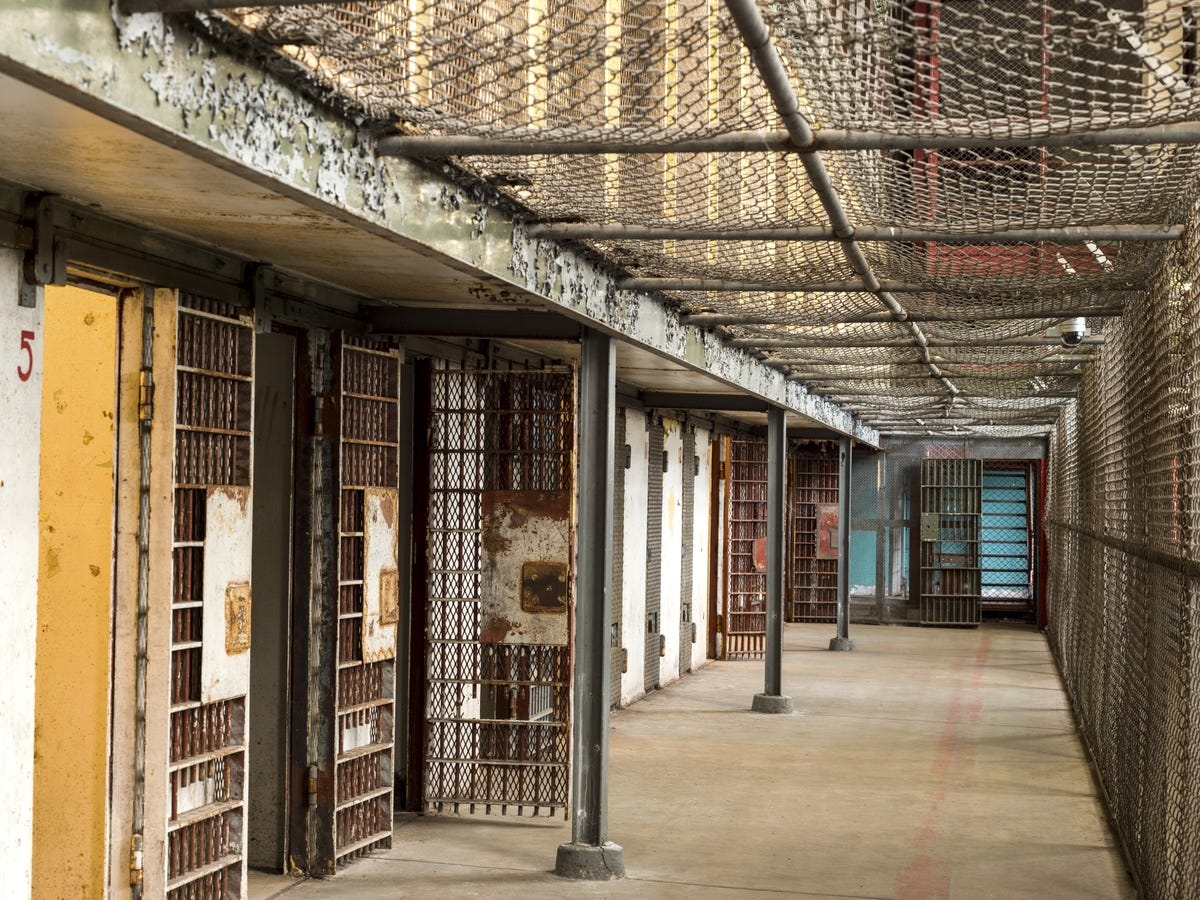Assuming that humans are flawed, not all of us behave well all of the time, we need some sort of justice system to deal with infractions.
Let’s take a look at the Japanese justice system to see if we can learn any lessons.
Japan has a reputation for low crime. Is it because of their culture? Perhaps being an island nation? Or is it their justice system?
First let’s start with something I really like about the Japanese justice system: their system is designed to shame people, not punish them. They rely heavily on social stigma. The design is for rehabilitation, not punishment. So as long as you show remorse you will be found guilty but the sentence is suspended and you might be hit with a fine.
Sounds good, but it seems vulnerable to criminals that are good actors. Where this really excels is with juvenile offenders – they rarely are ever arrested again (only 10% get arrested again).
"A 99.9% conviction rate is difficult to justify." - This sounds too good to be true to me. So how do they manage to convict such a high percentage?
Image courtesy of Rawpixel.com
A key factor is that by working the system, the prosecutors can hold an individual for 23 days between arrest and indictment. During this time they are isolated, unable to speak to their lawyer, friends or family. The prisoner is typically interrogated for ten hours a day. They have a very hard time getting a bail request approved unless they confess. While this form of torture may not be what a lot of people consider torture (no waterboarding or anything like that), it’s a huge amount of psychological torture / pressure and physical discomfort.
If the twenty three days isn’t enough, this can be dragged out for months by simply adding new charges on. So if someone is investigated and there are multiple potential charges against them, these will be split up and they will be “re-arrested” over and over again for months.
This seems wrong to me. I don’t think people should be isolated and pressured into confession. They should immediately be allowed to have their lawyer present. Also friends and family should be allowed to visit while the suspect is being held. Another detail is that threatening to arrest or refusing to release a loved one should not be used to pressure someone into confession. Who wouldn’t confess if their wife was being held like this too?
What are your thoughts? How could the USA’s justice system be improved? Are there lessons to be learned from the Japanese?



Curious what you think the answer might be, John. I don’t like the current punitive system, I don’t think it’s beneficial. What would a good solution sound like to you?